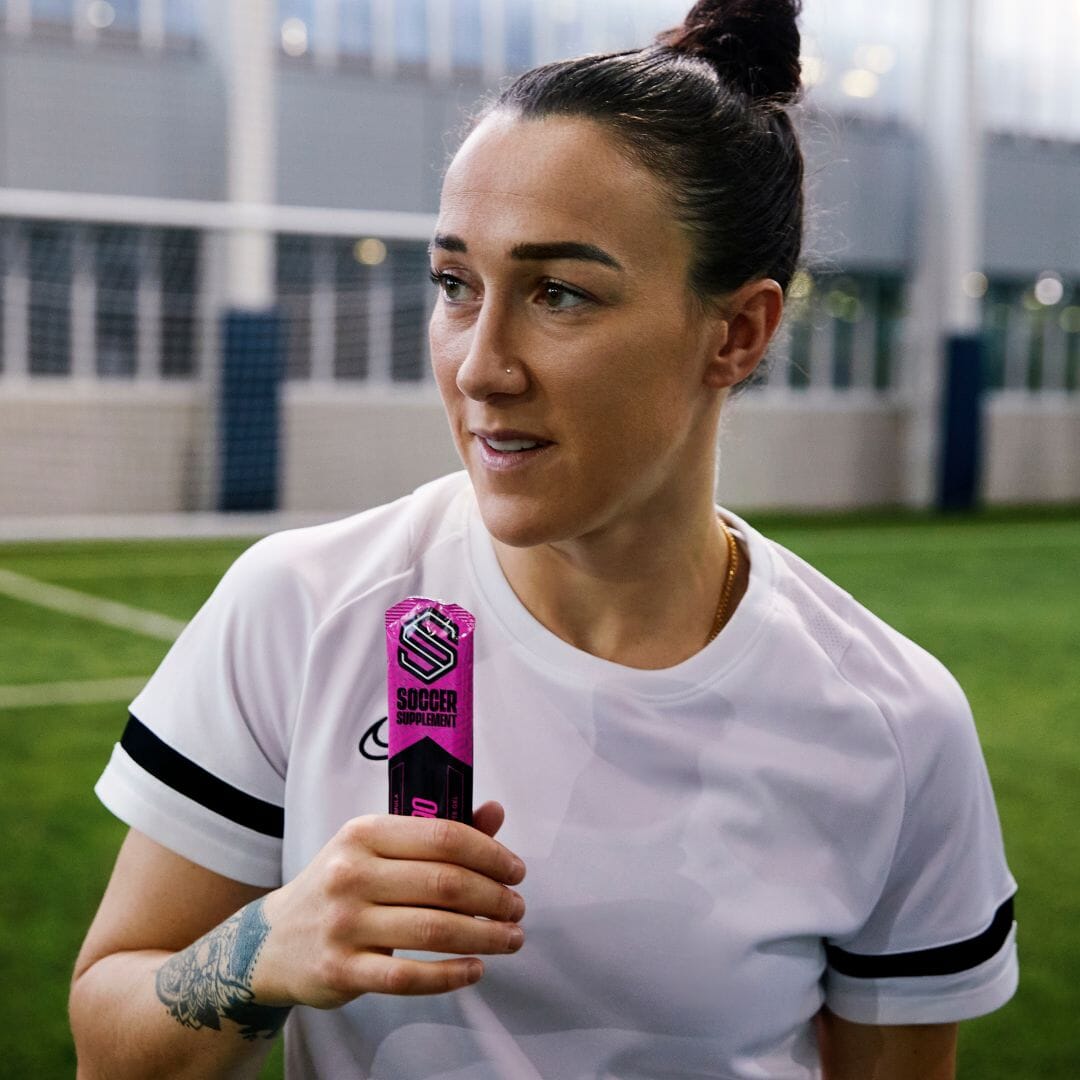Key points …
- Protein will help repair and rebuild
- Aim for 1.6-1.7 grams per kilogram bodyweight
- In the region of 20 grams per serving
One of the most widely searched for terms relating to sport performance is protein, popularised largely by bodybuilders, but what is it and why is it important for footballing performance? Alongside carbohydrate and fat, it is one of the crucial macronutrients; whereas carbohydrate and fat are used for fuelling performance, protein is tasked with growth and repair following strenuous exercise. The building blocks of protein are something called amino acids, the essential amino acids (which if your reading this you are likely to have heard of) are essential because they are not produced by the body, thus making them essential! Getting them into the body therefore becomes very important. That is why our WHEY90® is packed full of essential amino acids as well as non-essential amino acids to help repair damaged muscles following training and games. Our inclusive formula also contains Branched Chain Amino Acids (BCAA’s), which ideally speaking should make up around 30-40% of our protein intake due to the important role they play in repairing and rebuilding our bodies tissues. Done properly, consistent and considered replenishment of protein following exercise will lead to increased muscle mass, otherwise known as hypertrophy.
So, how much protein do we need? It depends who you listen too; bodybuilders will likely advice you to fuel up on around 2 grams of protein per kilogram of bodyweight. Whereas the Recommended Daily Allowance (RDA) is 0.8 grams per kilogram of bodyweight. Truth is, it probably lands somewhere in the middle for a footballer. 1.6-1.7 (grams) x bodyweight (kilograms) seems optimal for trained individuals, higher dosages are safe, but much research has displayed little advantage to loading up higher than the 1.7 mark. Those looking to reduce body fat might want to slightly increase their protein intake and reduce the amount of daily calories coming from both carbohydrates and fats. As to when athletes should be consuming protein – the simple answer is often. Aim to have protein at every meal, as well as snacking (where shakes become advantageous and easy to use). Consuming protein as well as carbohydrate following training sessions will help you to recover and refuel quicker, allowing you to perform again quicker than you would otherwise have been able too. ~20 grams per serving seems to be roughly the amount your aiming for; those with higher bodyweights and thus greater requirements will want to increase that figure.







